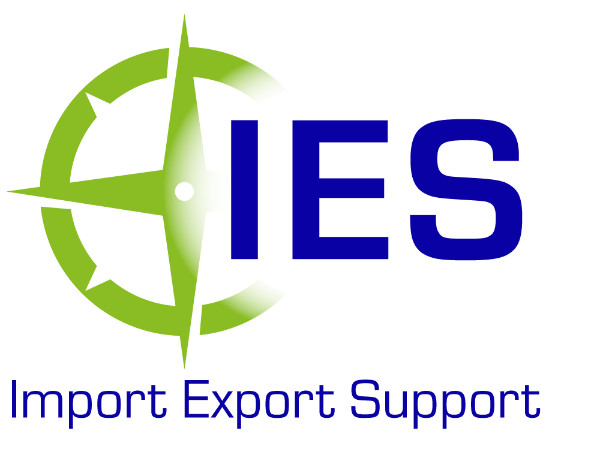Brexit: how import/export businesses can get on the front foot
So, todays headline is that the idea of a bespoke Brexit deal with the EU being offered by the Government this week will most likely be rejected by the EU 27.
It appears that the only acceptable options to the EU27 are either a Norway-style arrangement, where the UK remains in the single market but loses decision-making powers, or a having a traditional free trade deal (FTA), which brings other complex challenges in to play like proving preferential origin.
Whatever the outcome businesses in the UK can definitely get themselves Brexit ready. You will see none of the actions below depend on the UK-EU agreement but will definitely ensure that you are in the driving seat and know what you need to do once the outcome becomes clear.
- Minimise the impact on your supplies
- Minimise the impact on your costs:
- Minimise the risk & therefore the worry
Review your end to end supply chain. Steps to take include checking on your customers and suppliers based in the UK, as they could be trading internationally and you wouldn’t want their lack of planning to interrupt your business activity. You are well within your rights to ask them to share their post-Brexit supply chain plans so that you can have confidence in their ability to maintain the service levels you have currently agreed. Where possible check and update all stakeholder agreements including your customer, supplier and 3pl contracts. Where necessary formally document the way you will work together in as this will ensure that nothing falls between the gaps and will minimise conflict by ensuring both parties understand their roles and responsibilities.
Review Trade and INCO Terms. These are internationally recognised terms that outline how the costs and risk are shared between the buyer and seller when trading internationally. Almost everyone I speak to has a story about lost cargo, unexpected costs and disagreements that have come about by the incorrect application or interpretation of these trade terms. Therefore, the advice is to look at and negotiate the most cost-effective INCO terms for example supplying DAP rather than DDP will eliminate both transport & duty costs.
Review your costs. The amount of duty and VAT paid depends predominantly on three things:
- Classification: i.e. what the goods are
- Origin: where the goods come from
- Valuation: how much they cost including freight and insurance.
There are three main reasons to get a handle on these three cost drivers.
The obvious one being to ensure that you retain a competitive edge by buying and selling for the best price. Look at your product costs, additional costs freight and insurance charges and make sure that these are being correctly declared on import/export.
With the second being to avoid unnecessary or unexpected costs as a result of a design feature. Product design can significantly affect the amount of duty paid, for example plastic toys will attract more duty than wooden toys. As the import/ exporter of record you are responsible for the classification of your goods — so make sure that your processes and procedures ensure that this is done at the earliest opportunity to minimise the amount of duty payable. This will also allow you to correctly calculate margin and selling price as duty rates vary between countries, and where there’s an FTA in place
you can take advantage of duty free supplies.
Finally, and possibly most importantly to avoid the costs and business interruption that comes from HMRC intervention. This can either be at the border when they hold goods or from HMRC paying a visit to your offices and reviewing your import/ export activity.
This is often when I get a call from a company saying ‘HMRC have assessed us for 3 years back tax due to a classification issue’, or ‘HMRC are holding our goods because the documents are invalid’ or ‘HMRC have just done a VAT inspection and assessed us as we have zero rated an invoice and the goods are still in the UK’.
Don’t be that company – we can help you with this review and planning and give you clarity & confidence in your international supply chain and help your business thrive in the post-Brexit trade. Whatever it is.
Simply put: Be proactive rather than reactive
There’s a good explanation of INCO terms on the International Chamber of Commerce site here

